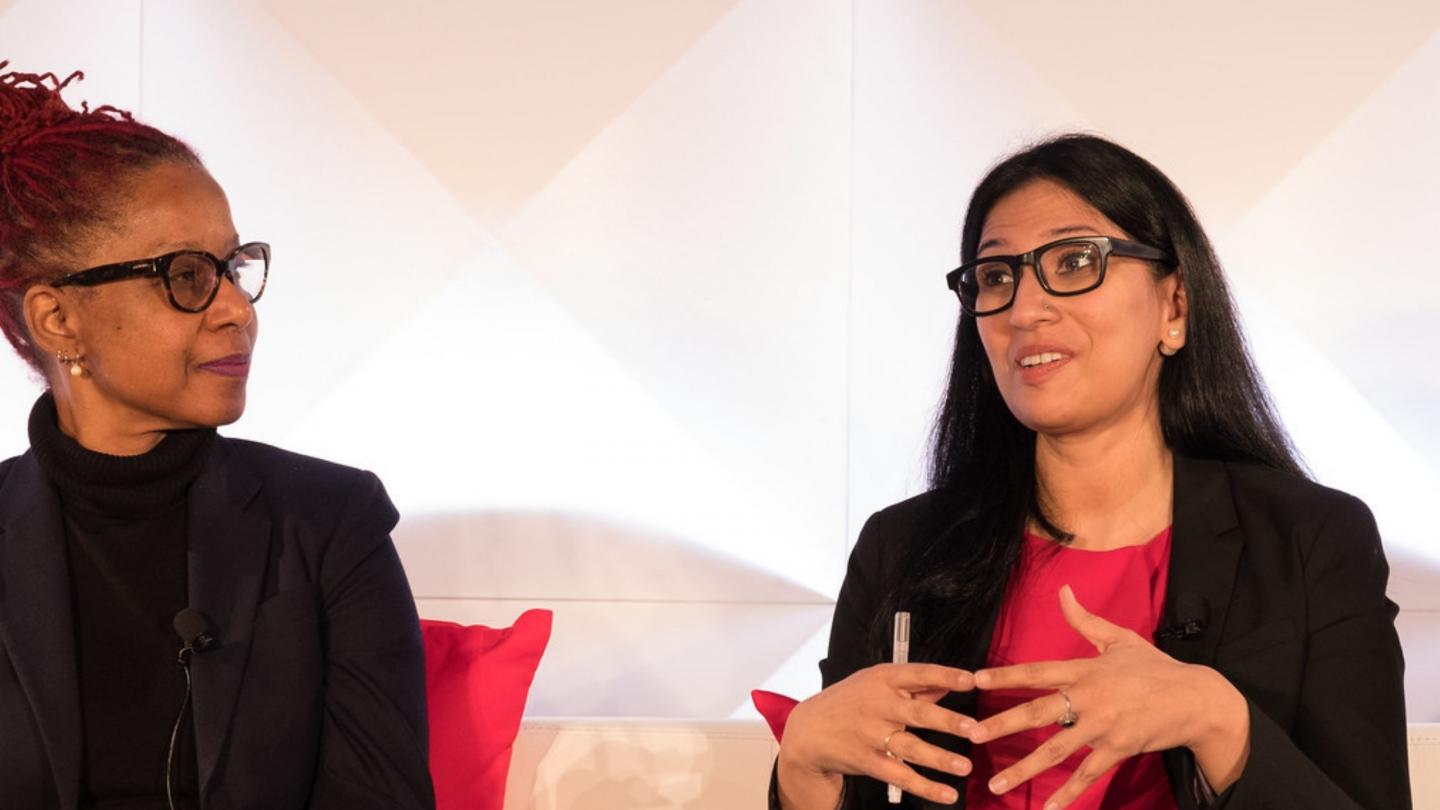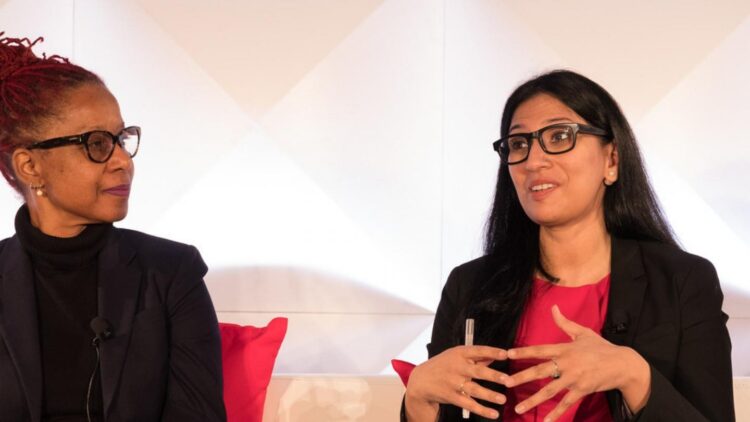Grant from Gilead Sciences, Inc. continues graduate college of social work effort in southern United States

Credit: University of Houston
A University of Houston Graduate College of Social Work research center working to eradicate the underlying serious and systemic challenges that contribute to the HIV/AIDS epidemic in the Southern United States has received $5 million in renewal funding from biopharmaceutical company Gilead Sciences, Inc. to facilitate the continuation of its impactful work.
Led by assistant professor Samira Ali, the SUSTAIN Wellbeing COMPASS Coordinating Center is one of four coordinating centers in the Gilead COMPASS Initiative®, an unprecedented $100 million collaborative effort to reduce HIV/AIDS disparities in care and advance equities over 10 years in the South, which is disproportionately impacted by the epidemic.
While HIV diagnoses are falling in many parts of the country, the South accounts for almost half of all HIV deaths – 20 people die every day – and 51% of new HIV diagnoses, even though it accounts for only a third of the total United States population.
The SUSTAIN Center is focused on improving the quality of and access to frontline care, particularly among Black, Latino and LGBTQ+ communities by enhancing community-based organizations’ abilities to help those dealing with trauma, mental health issues and substance abuse. Since its launch in 2018, funding or training has been provided to 70 organizations, totaling more than $2 million.
“Our approach is rooted in social and racial justice as well as the Meaningful Involvement of People Living with HIV (MIPA). We are driven by the voices of people living with HIV/AIDS. The experience of really listening to people who are directly impacted by this epidemic and then creating programming and grant opportunities based on their needs is a major success,” said Ali. “There’s still a lot more work to do and we’re grateful to Gilead for the opportunity to continue this important work.”
The Southern Aids Coalition, Emory University Rollins School of Public Health and, just added last week, Wake Forest University School of Divinity operate the other COMPASS Coordinating Centers.
Along with funding community-based grants, the UH team has traveled across the South offering coaching, in-depth training and technical assistance to organizations with a goal of creating accountability and ultimately transforming systems to be more trauma-informed and harm reduction oriented. These efforts continue but have shifted virtual since the coronavirus pandemic.
The root causes of HIV are structural, such as poverty, systemic racism and inequitable policies and practices, and lack of access to high quality care among marginalized communities of color, according to Ali. These experiences lead to poor HIV and mental health outcomes. Despite being only 13% of the U.S. population, Black Americans account for 43% of the new HIV diagnoses in the country. Similar disparities exist in the Latino community. Unfortunately, Black and Latino led organizations are often under-funded. However, 78% of organizations funded by the SUSTAIN Center over its first three years were Black-led or Latino-led.
“Black and brown communities who have been kept out of care because of racism and oppressive systems continue to be disproportionately impacted by HIV,” said Ali. “We are working to dismantle white supremacy culture and racial injustice, because until organizations address these systemic issues, they can’t effectively serve their clients. They’re going to continue to not come back for treatment or continue to not get tested. That’s where we come in.”
This work is not done in isolation. Rooted in MIPA, the SUSTAIN leadership team works closely with a diverse group of advocates – people living with HIV – from each state. They bring a combination of lived expertise, community involvement and grassroots advocacy.
SUSTAIN Advocacy Group member Eddie Wiley of Tennessee shared the importance and necessity of a collaborative partnership of people living with HIV in the response to the epidemic as well as active participation of in all areas of response.
“Meaningful involvement utilizes our strengths and develops our opportunities. It has been crucial to our development. Having community at the forefront is the only way we can end the epidemic,” he said.
COMPASS has brought together nearly 150 partners across 16 states in the initiative’s first three years. Through Gilead’s work with the coordinating centers and direct engagement with partners in the region, the company has provided $52 million in funding to the Southern United States since the program’s inception.
“The University of Houston Graduate College of Social Work research initiatives and community partnerships have fueled successful HIV programs for nearly a decade,” said Brett Pletcher, Gilead’s executive vice president of corporate affairs and general counsel. “By recognizing that wellness, trauma, mental health and substance use play an important role in HIV prevention and care efforts, the coordinating center has made great progress advancing the Gilead COMPASS Initiative focus areas in the Southern United States.”
HIV remains a public health crisis in the United States, almost 40 years after the first cases were diagnosed. As the SUSTAIN team at the University of Houston embarks on another three-year mission to make an impact, they’ll strategically prioritize Black and Latino organizations in underserved areas and faith-based and rural communities.
“I think we’re different at University of Houston because we are really driven by community and a commitment to health,” said Ali. “Frankly, I’ve been able to do so much because we do care about community at UH.”
###
Media Contact
Chris Stipes
[email protected]
Original Source
https:/





